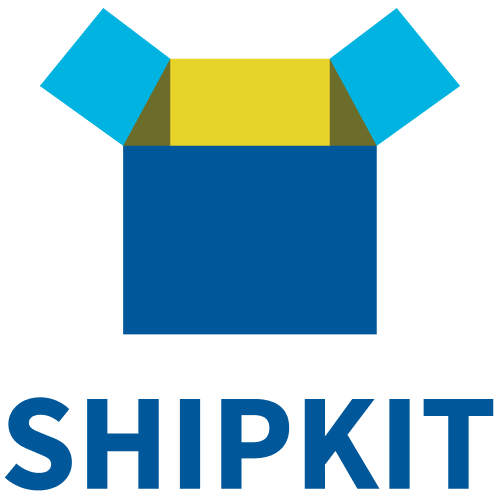
This is a demo project that showcases release automation with Shipkit plugins. Use it as a reference to automate your project!
This project represents a development model where every change on the main development branch will produce a new release via the CI system. The release is a Maven publication (jars, poms) that get uploaded to a free public repository (Maven Central) via a free CI system (GitHub Actions). We chose Maven Central and GitHub Actions as examples - you can use any system of your choice (for example: JFrog Artifactory + Travis CI). The Gradle plugins we chose for this use case represent the minimum set of Gradle plugins to conveniently automate the releases.
- the Maven publication (jars, poms) is configured using Gradle's built-in maven-publish plugin.
- the publication to a public repository (Maven Central) is configured using gradle-nexus/publish-plugin plugin. Published versions and artifacts can be viewed in Maven Central. If you want to publish to a different repository than Maven Central, you would use a different plugin for that. For example, if you want to publish to JFrog Artifactory, you can use com.jfrog.artifactory plugin.
- the next version for the release is deducted automatically by shipkit-auto-version plugin. This plugin is minimalistic, written for sole purpose of automated deduction of version before the release.
- the GitHub release is performed via GH REST API by shipkit-auto-version plugin. This plugin is minimalistic, written for sole purpose of generating changelog (release notes) and performing a GH release. The releases and changelog can be viewed on GH releases page.
- Java publication (javadoc/sources jar, pom customization, signing): gradle/java-publication.gradle.
Note that
PGP_KEYandPGP_PWDenvironment variables are required for successful publications. - Release automation (deducting version, generating changelog, creating GitHub release via GH REST API, Sonatype/Maven Central settings): gradle/release.gradle.
Note that
GITHUB_TOKENenv variable is required to perform GitHub release.SONATYPE_USERandSONATYPE_PWDare required for publications to Sonatype Nexus (Maven Central). - CI/CD configuration: .github/workflows/ci.yml. Note that you can use any CI system.
